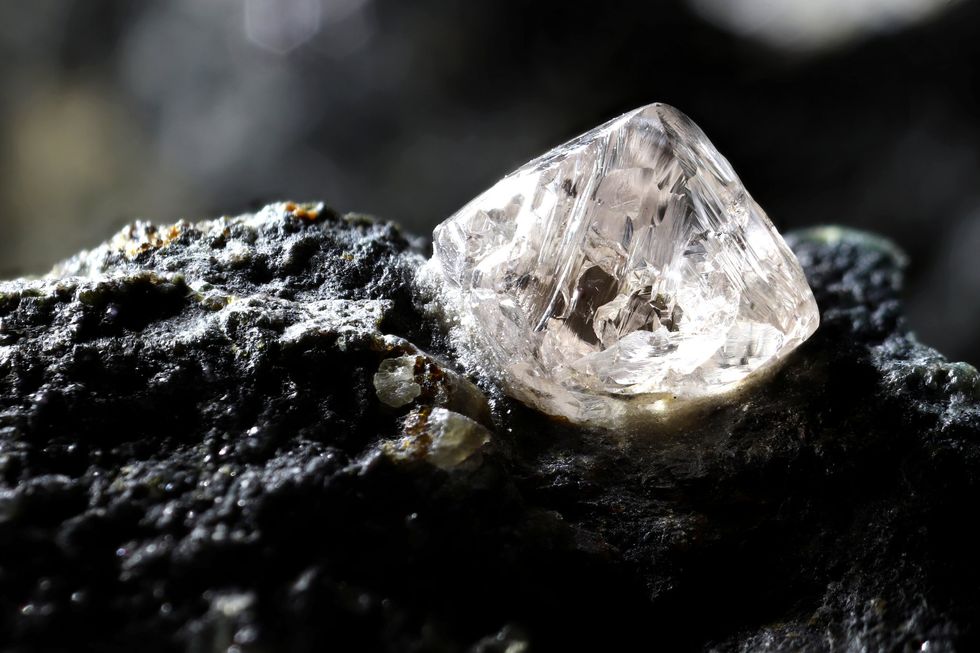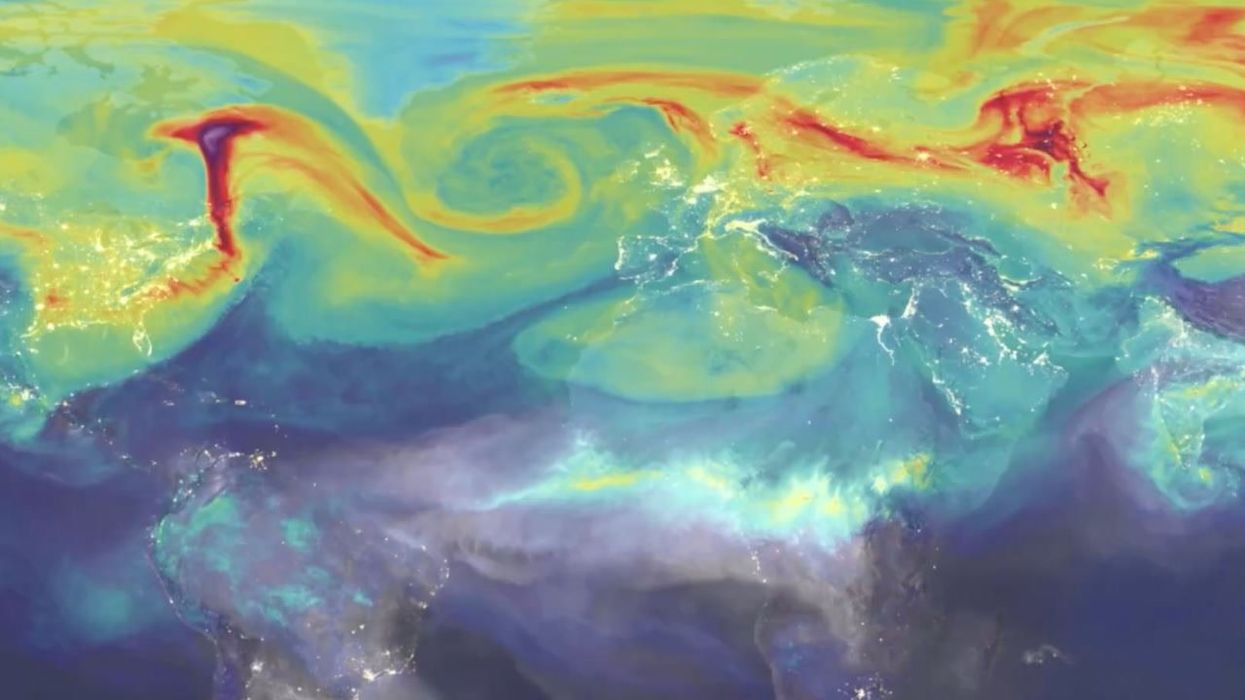Science & Tech
Becca Monaghan
Nov 30, 2024
Global warming is creating potentially deadly fungal pathogens, study finds
Cover Media - Shareable / VideoElephant
Scientists believe they may have found a unique way to slow down global warming, but it comes at a significant cost.
The researchers from the Institute for Atmospheric and Climate Science, ETH Zurich, wanted to experiment by spraying various aerosols into the atmosphere to find which ones had a cooling effect.
Previous studies have knuckled down on the effects of sulphur dioxide. However, as highlighted in the study published in Geophysical Research Letters, there were "several limitations".
Sulphur dioxide not only reacts to cause acid rain, but it could also be harmful to the ozone layer and weather patterns.
Now, attention has turned to diamond dust which could potentially cool the planet by 1.6°C.
As mentioned, it wouldn't be cheap by any means. A project as such would total almost $200 trillion (£153 trillion) for the remainder of the century.

The researchers at ETH Zurich created a 3D climate model to explore the effects of the aerosols. They looked at how the particles interacted with the heat and light, and how long they lasted in the air.
Seven potentials were put to the test: diamond, aluminium, silicon carbide, anatase, rutile, sulfur dioxide and calcite.
Surprisingly, diamond dust particles were deemed the most effective, as they reflected most heat and light, maintained longevity and were found to be less likely to clump together.
"The resulting side-effects on circulation and climate especially from diamond injections could be substantially reduced compared to SO2, making diamond particles most suitable for SAI from an optical properties perspective among the materials investigated here," the researchers explained.
They added: "We suggest further research on agglomeration processes in turbulent aircraft wakes as well as on measurements of optical properties of a variety of potential solid particle materials."
How to join the indy100's free WhatsApp channel
Sign up for our free Indy100 weekly newsletter
Have your say in our news democracy. Click the upvote icon at the top of the page to help raise this article through the indy100 rankings.
Top 100
The Conversation (0)














